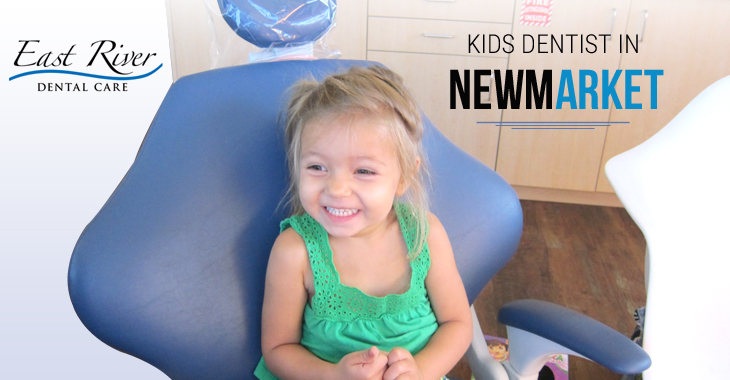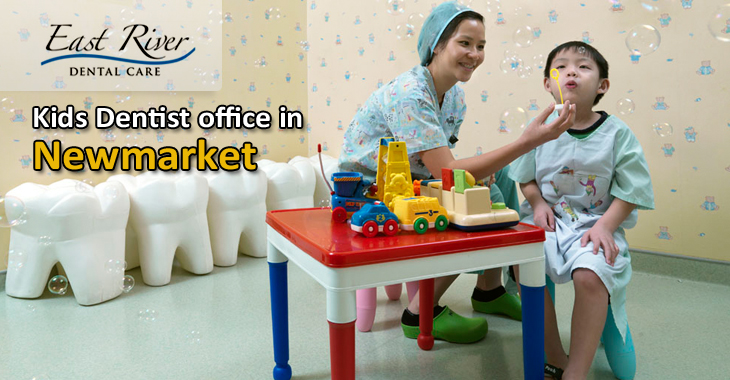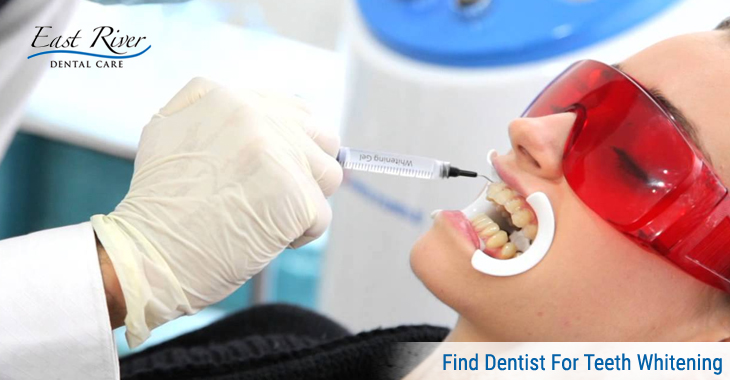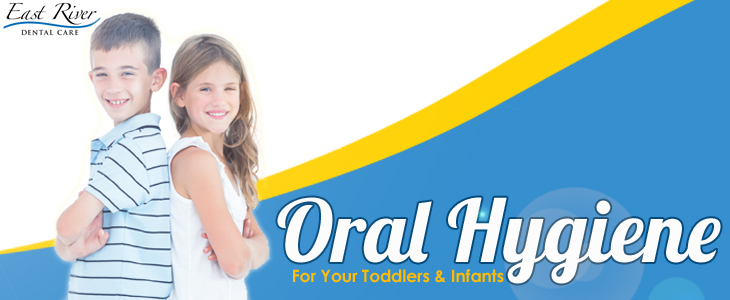If you are a parent who is taking their kid to the kids dentist office in Newmarket anytime soon, you might be well aware of the consequences of such a visit. Especially if your kid is perennially anxious about visiting the dentist in Newmarket, it can be tough to make that move- sometimes the entire process can be quite harrowing.
However, it is important that you talk to your kid about the visit to Dentist office in Newmarket and ensure that you try your best to alleviate your child’s fears by reasoning it out. You could talk about why the visit to the kids dentist office is necessary and what it entails.
After the talk, you might be a little relieved, but you cannot yet sit back. There is a high chance that a kid’s anxieties return when he/she actually is at the kids dentist office in Newmarket. In order to be prepared, ensure that you do the following on your visit to the kids dentist office in Newmarket so that you can keep your kid busy and distracted as you wait for your appointment.
- Carry along your child’s favourite books
If your child can work about thirty minutes through a book of his choice, you’re good to go. Pick up anything your kid likes to read- it could be a storybook or a math book. Engage with your child as you wait at the kids dentist office in Newmarket. - Pack some snacks along
Kids can be kept busy if you pack along some nice food to keep them busy. This also ensures that they don’t run around as much, as food is also a great source of comfort for them.
For more information about East River Dental Care on Davis Drive east of Yonge Street in Newmarket, visit www.eastriverdental.com or call on 905-895-8031.








